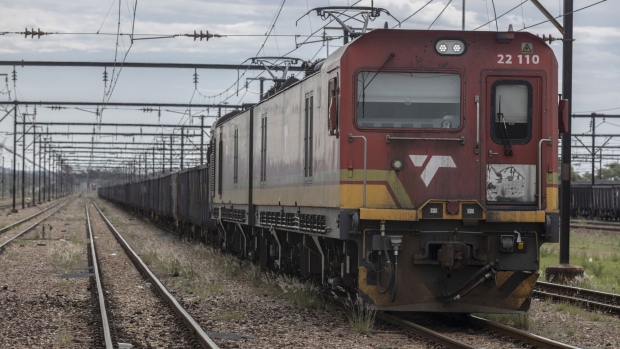South Africa, regarded as a leading rail market on the African continent, is contemplating exploring the prospect of private sector involvement in its state-dominated rail industry.
This strategic initiative aims to breathe new life into the sector, attract much-needed investment, and elevate service efficiency. James Holley, CEO of Traxtion Africa, headquartered in Johannesburg, provided details regarding the government’s forthcoming initiatives, as disclosed by Bloomberg.
He indicated that the South African government is on the verge of issuing a detailed rail network statement. This crucial document is expected to lay out the framework and guidelines for enabling private companies to engage in the rail sector. Holley, however, mentioned that these regulations will be established following a public consultation process.
“We are all standing on the edge of the precipice. We’ve got to take the step,” Holley said at an infrastructure conference organized by Ninety-One Plc in Johannesburg.
“And that starts with the network statement in April,” he added.
The initiative is a key part of President Cyril Ramaphosa’s extensive strategy to rehabilitate South Africa’s underperforming ports and rail infrastructure, aiming to enhance private sector engagement.
Historically, the sector has been dominated by the state-owned logistics giant, Transnet SOC Ltd, which has suffered from chronic mismanagement and corruption, leading to significant inefficiencies in the ports and a steep decline in rail transport of coal and iron.
According to the government’s Freight Logistics Roadmap, rail freight volumes have plummeted from 226 million tons to 150 million tons over five years, pushing miners to rely on road transport, thus deteriorating national highways.
James Holley pointed out the potential for private entities, noting South Africa’s extensive rail network of 23,000 kilometers, which represents 85% of Africa’s total. He highlighted the financial advantage of upgrading the existing network over constructing new railways.

